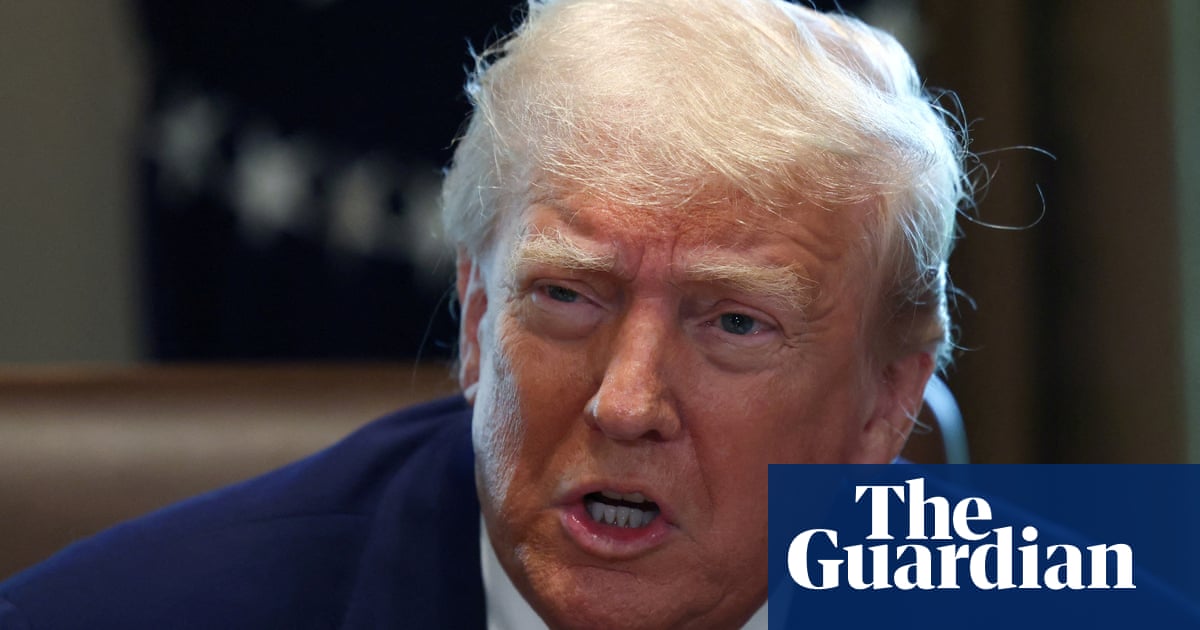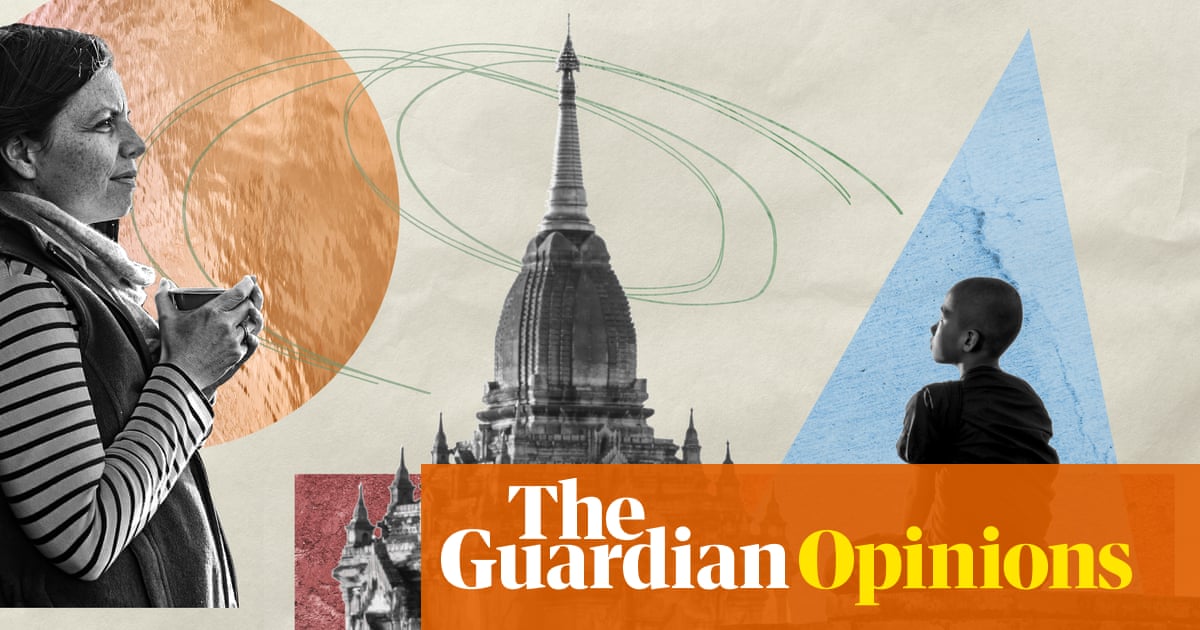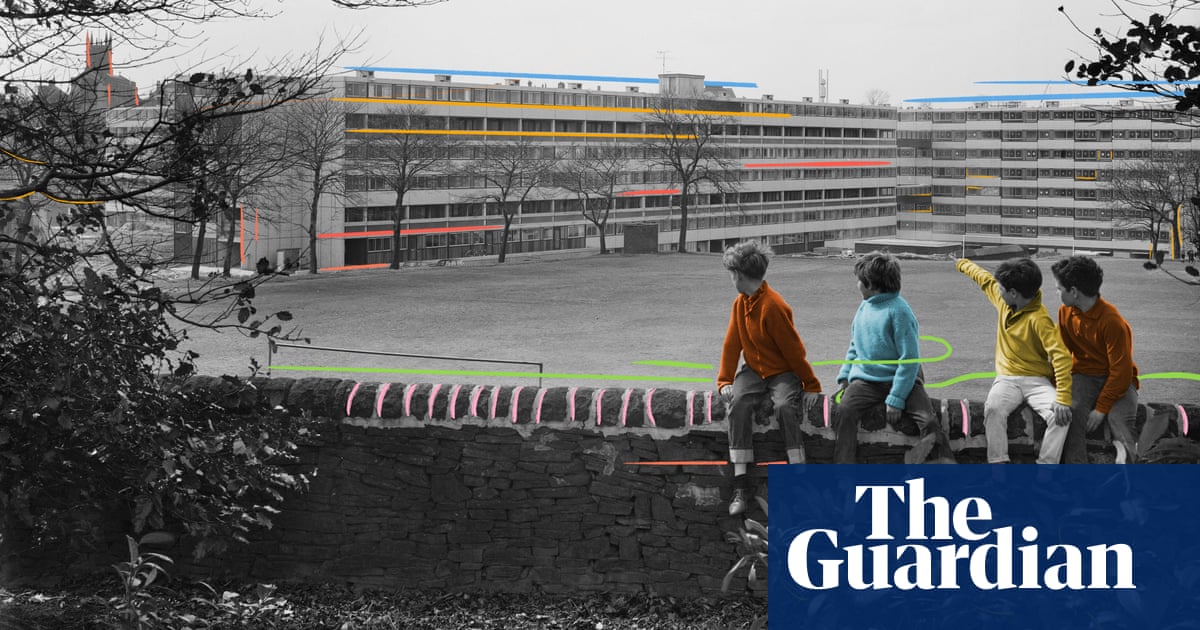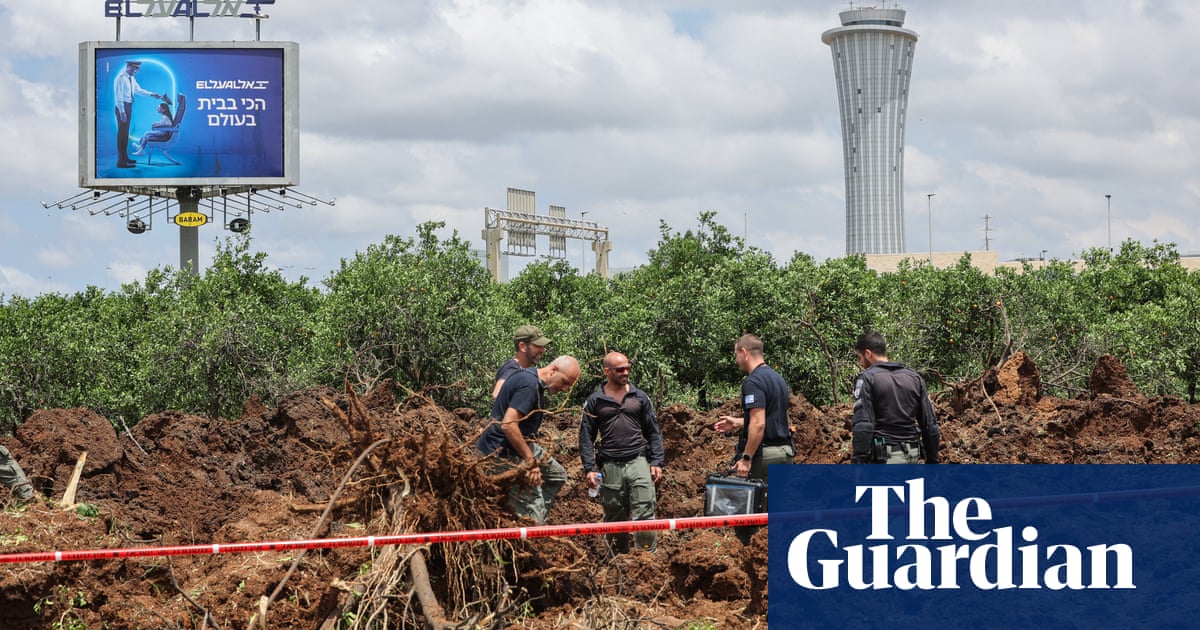When the news broke of the bloody attack in the Kashmir’s popular rolling valleys of Pahalgam, in which militant gunmen shot dead 25 tourists and a guide, Ahmad felt sickened.
In a region so familiar with bloodshed and the loss of innocent lives, the gut-wrenching stories that emerged – of newlyweds being killed, of victims singled out and targeted for their religion – brought back his own memories of grief and loss growing up in Kashmir.
“It broke my heart,” said Ahmad, who requested to use a single name. “I understand the pain of seeing death around you. That night, I was too distraught to eat or sleep.”
The next day he awoke to a summons by the police counter-insurgency unit. Knowing that a worse fate awaited him if he refused, he went down to the station. Ahmad had no known connection to any of the militants alleged to have carried out the killings, and lived more than 50 miles (80km) from the site where it happened, but he was detained for four days.
“No reason was given,” he said. “They confiscated my phone, and searched through it. Some days, they interrogated me about militants, though I have no involvement or information. Every time I denied knowing anything, they slapped me or beat me with a stick.”
Over the past week – amid a huge operation to track down the militants – a climate of fear has gripped Kashmir as more than 2,000 people have been detained, many pulled from their beds in the middle of the night, and held under draconian security and anti-terrorism laws.
The attack was the deadliest on civilians in India in more then two decades, and with the three main masterminds still on the run, the authorities have taken to harsh measures in response. Over the last week, two people were killed in separate incidents allegedly involving security forces. The regional crackdown has sparked fear and anxiety in Kashmir, with many describing it as a repeat of scenes that have become hauntingly familiar to those who have lived through decades of the Indian state’s brutal tactics and alleged human rights abuses in the face of a long-running violent insurgency. The Indian government denies any abuses.

Ahmad said life was now being made “hell” for him and thousands of other Kashmiris. “We’re being punished for crimes we didn’t commit,” he said. “They should go after the real militants – I’m not against that. But by punishing innocents, they’re alienating locals. I want to leave Kashmir, but Kashmiris aren’t safe elsewhere in India either. We’re targeted everywhere.”
Sumaiya Jaan, another resident of Kashmir who did not want to be identified by her real name for the fear of reprisals, said police and soldiers raided their house a few days after the attack, with no warrant or any reason given. Her father, a farmer with no known connections to the militants, was picked up.
“They threw away belongings, emptied the cupboards, and checked every nook and cranny, but found nothing. Then they detained my father and took him away. He is being held at a police station, but we are not allowed to see him, nor will the police tell us why he has been detained. There is no formal case against him. This is nothing but harassment,” Jaan said.
Two police officials confirmed that abut 2,000 people were rounded up across Kashmir. They said most of the detained had previously been found to be linked to militancy or had been taking part in the “anti-national” activities.
“Given the nature of the attack, police are investigating all angles. Most of the people who were detained have been released now,” said one senior officer.
One of the more controversial tactics deployed by the authorities in Kashmir has been to blow up the houses of the relatives of militants, even when the accused has not seen their families for years.
Shahzada Banu last waved goodbye to her son Hussain Thoker seven years ago, thinking he was leaving for a job interview. Her worst fears were realised when he was named and pictured as one of the suspected Pahalgam militants.
Two days later, police and soldiers arrived at Banu’s house in the middle of the night and ordered the whole family to leave. “They said no one should remain within a 100-metre radius. Then, they blew up our house,” she said.
The punitive destruction of their home last week, without warning and with no due legal process, has left her devastated and destitute. The next day, her husband, sons and two other male relatives were detained by police and have yet to return.
“I am not defending the attackers or my son,” she said in tears, among the rubble of her home. “If my son is involved in these killings, he should be punished. But why are we being dragged into this? My [other] sons and husband are innocent and we are suffering unbearable atrocities. Our house was our only property. Now, we have nowhere to go. Who will feed me? Where will I go?”

It was one of about 10 that was unilaterally blown up by security forces over the past week, despite the supreme court previously ruling such actions to be illegal. The force of the nightly explosions left dozens of surrounding houses also severely damaged. Sarwa Begum, who is in her 70s, was carried out of her house by police before they designated the explosives next door, as she was too scared and frail to walk.
“They take pleasure in destroying our homes, in our suffering. Otherwise, why would they use explosives to demolish them?” said Begum.
After an outcry by regional politicians, the authorities agreed to halt the demolitions, but the state-wide crackdown and raids on communities has otherwise continued unabated.
Kashmir has been caught in an often bloody battle between India and Pakistan since the countries’ independence in 1947. Both claim ownership of the Muslim-majority region and it remains split between the two countries, although they have fought three wars to claim it fully.
Since the 1990s, Indian-administered Kashmir has been home to a separatist insurgency with an allegiance to Pakistan, which stands accused of backing and bankrolling the violence. Indian-administered Kashmir is now one of the world’s most heavily militarised zones, with an estimated 500,000 Indian troops stationed there.
Kashmir experienced a renewed crackdown in 2019, after the ruling Bharatiya Janata party (BJP) government, led by the prime minister, Narendra Modi, stripped the region of its autonomy and statehood and began to systematically crush all forms of dissent. Since then, the BJP had widely been promoting Kashmir as a peaceful tourist destination, in an effort to show the insurgency had been brought fully under control – a narrative of “normalcy” that was shattered by the Pahalgam attack.

Kavinder Gupta, senior BJP leader in Kashmir and a former deputy chief minister of the region, called for more strict measures to be imposed. “The government of India has adopted a policy of zero tolerance towards those Indians who are working on Pakistan’s agenda,” he said. “There should be no mercy against these people who are providing support for militants.”
Though Kashmiri tourist guides and pony operators were lauded for helping rescue Indian tourists at the scene of Pahalgam– and after the attack, Kashmiris took to the streets in marches and candlelit vigils to condemn the violence – a wave of anti-Kashmir sentiment has gripped much of India.
The details that emerged of the attack, with accounts by witnesses that the gunmen singled out and shot only Hindus, has led to particularly vitriolic calls for revenge by Hindu rightwing news channels and among Hindu rightwing groups. One called for the Indian government to follow the example of Israel after the 7 October Hamas-led attacks and for Kashmir to be “flattened like Gaza”. Kashmiris living across India also faced violent attacks and public death threats and been evicted from their homes and fired from their jobs.
Himanshi Narwal, who husband, Vinay, was among those killed by the militants, made a public plea on Friday for his death not to be weaponised. “We don’t want people going against Muslims or Kashmiris. We want peace and only peace,’ she said.

 4 hours ago
5
4 hours ago
5













































